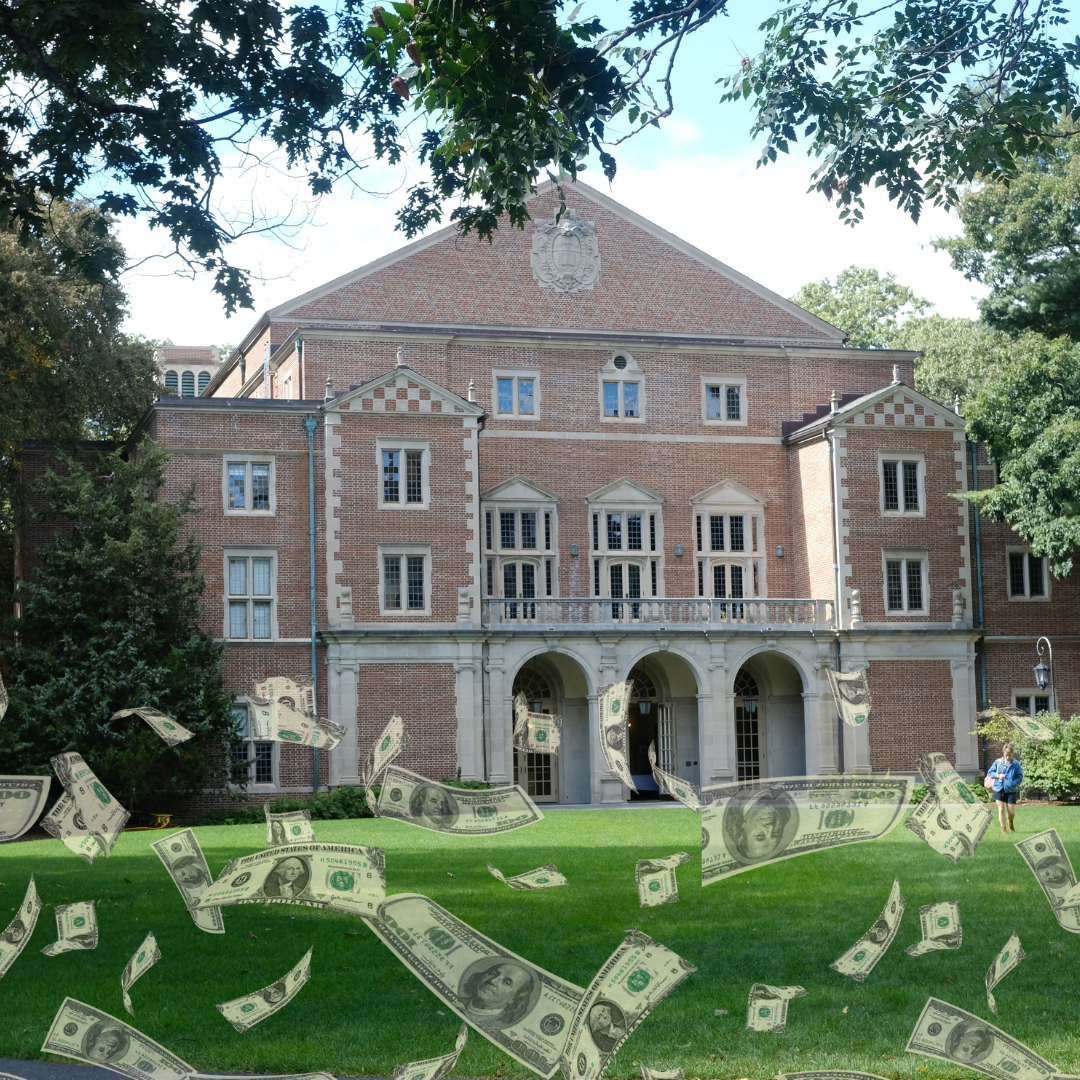Sarah Allen and Heather Matilla amongst professors awarded tenure this year.
This year, 13 faculty members were given tenure, a large number compared to previous years. The Committee on Faculty Appointments (CFA), a standing committee on Academic Council, oversees the process of awarding tenure to faculty members each year. The committee, which includes President Bottomly, Provost Andrew Shennan and senior members of Wellesley’s faculty, vote on a list of faculty up for tenure consideration each year. On Jan. 30, the Office of the Provost and Dean of the College in conjunction with the Office for Public Affairs published the list of faculty under review for 2014-2015.
The Committee makes their decisions about tenure appointments, promotions and reappointments based on a series of recommendations presented to them, taking into consideration student opinions, through student-evaluation questionnaires, quality of research and contribution to the College. These criteria are standard and follow guidelines provided by the American Association of University Professors. The recommendations are then brought to the Board of Trustees, who make the ultimate decision whether to grant a faculty member tenure. Provost Shennan explained that the process of determining which faculty members receive tenure is a thorough and extensive one.
“We have an excellent and rigorous process of determining faculty tenure recommendations, one that takes into consideration things such as student evaluations, research and publication history in their respective fields and their contribution to the College, a broader category that could include anything from their interactions with students and participating in committees,” Shennan said.
After a faculty member is given tenure, he or she cannot be dismissed unless under extreme circumstances. These include proved immoral behavior, low teaching standards, mental disability, physical disability if it reduces teaching quality and the inability to cooperate with the College or relevant department. In these cases, the College has the right to dismiss tenured faculty.
Wellesley’s CFA is similar to those of peer institutions, only with slight variations. These committees all review lists of recommendation each year to determine the status of non-tenure track and tenure. Bryn Mawr College has a Committee on Appointments, which compiles and delivers recommendations to the President of the College, who then introduces them to the Board of Trustees. Smith College implements a similar system where individual departments vote on faculty members. The nominees are then forwarded for approval from the Provost. The Provost and President then deliberate on which candidates will be reviewed by the Board.
“One thing that we may be different in is that President Bottomly and I sit on the Committee. At a lot of other colleges, the committees are staffed by faculty completely and the president and provost have the added authority to make further determinations on the committee’s recommendations before being presented before the Board of Trustees,” Shennan said.
Shennan added that the number of tenured positions granted vary vastly depending on the year, with as few as 2 or as many as this year’s 13 positions.
“The number of faculty standing for tenure varies from year to year. This is really not unusual but simply reflects hiring fluctuations and slight differences in the structure of initial contracts as well as decisions that individual faculty members make about whether or not to count leaves on their tenure clocks,” Dean of Faculty Affairs and Bates/Hart Professor of English, Kathryn Lynch said.
Despite the long list of tenured faculty, students have been reporting shortages in certain academic departments such as the Computer Science department.
Hannah Peltz-Smalley ’18 has only taken one computer science (CS) course, but is aware of the shortage.
“I have heard professors talk about the department being understaffed. This has apparently been a problem historically, based on what alums said at Cirque du CS. There are a lot of CS professor openings and not a lot applying for work,” Peltz-Smalley said.
There are also students who believe a lack of course selection may be tied to a faculty shortage.
“I know a lot of students wish there were more courses offered or more sections of the courses that are offered, which is probably at least somewhat related to having enough faculty,” Tali Marcus ’15 said.
When asked about the shortages, Lynch said that the College tries to accommodate changes in course registration as best as possible. Registration fluctuates and the College is working on accommodating increasingly popular fields. Wellesley College’s student to faculty ratio remains at 7:1, which is high compared to its peer institutions.
Editor’s Note: We edited the article to include the list of newly tenured faculty, which can be found below.
Sarah Allen, East Asian Languages & Cultures
Helena de Bres, Philosophy
Anjeana Hans, German
Soo Hong, Education
Paul MacDonald, Political Science
Heather Mattila, Biological Sciences
Mala Radhakrishnan, Chemistry
Andy Schultz, Mathematics
Orit Shaer, Computer Science
Quinn Slobodian, History
Yui Suzuki, Biological Sciences
Sarah Wall-Randell, English
Mike Wiest, Neuroscience
Photos Courtesy of Wellesley College
Nasreen Al-Qadi ’18 is an editor for the News section who enjoys reading about all kinds of new tech in her free time and is pursuing a Biology major. She is best reached at [email protected].
Stephanie Yeh ’18 is a News Editor who is pursuing a double major in Biochemistry and East Asian Studies. For fun, she binge-watches The Office on Netflix, eats copious amounts of ramen, and hibernates. She is best reached at [email protected].






